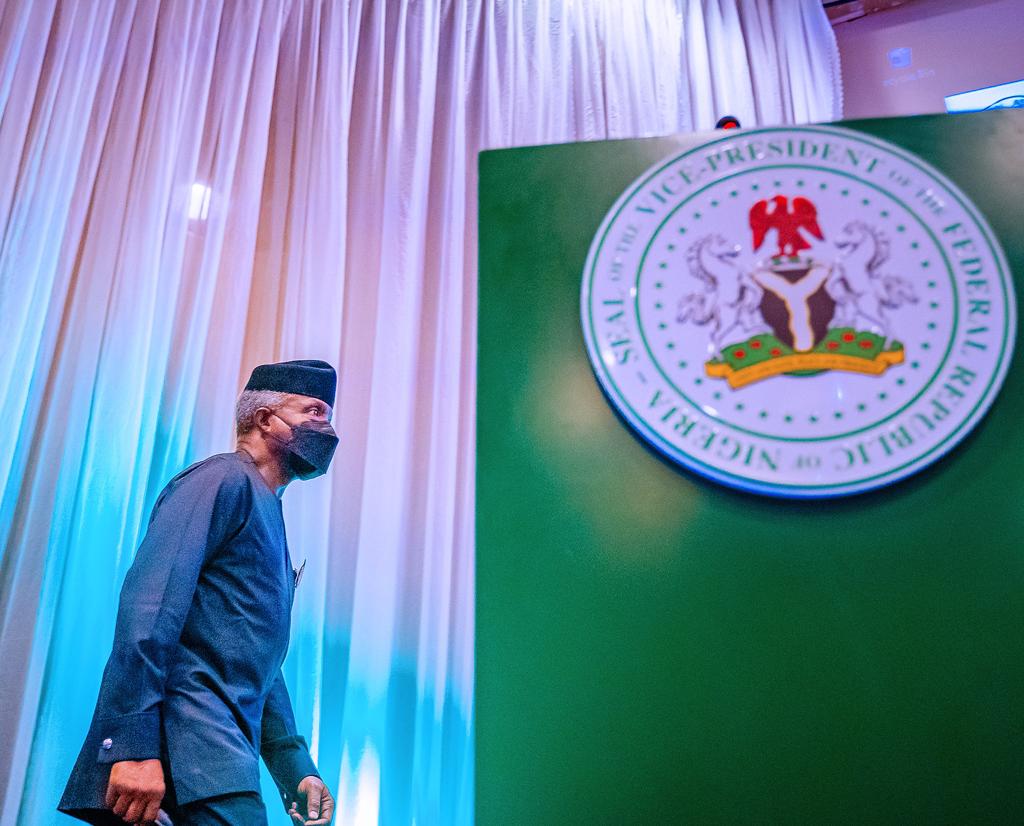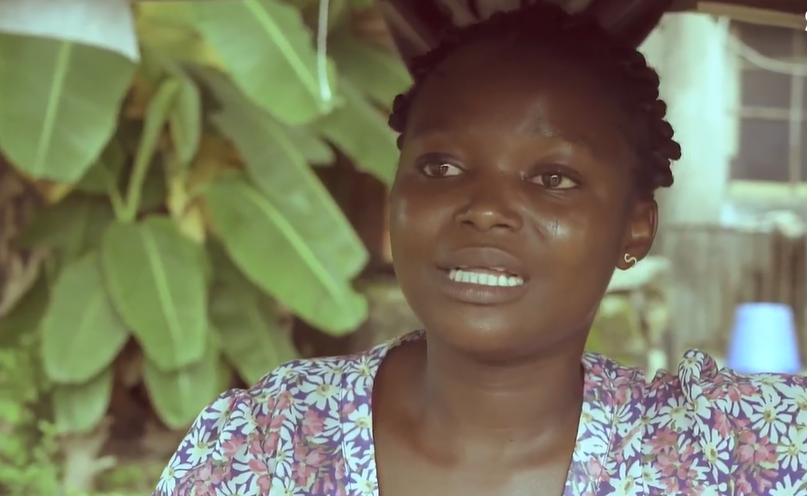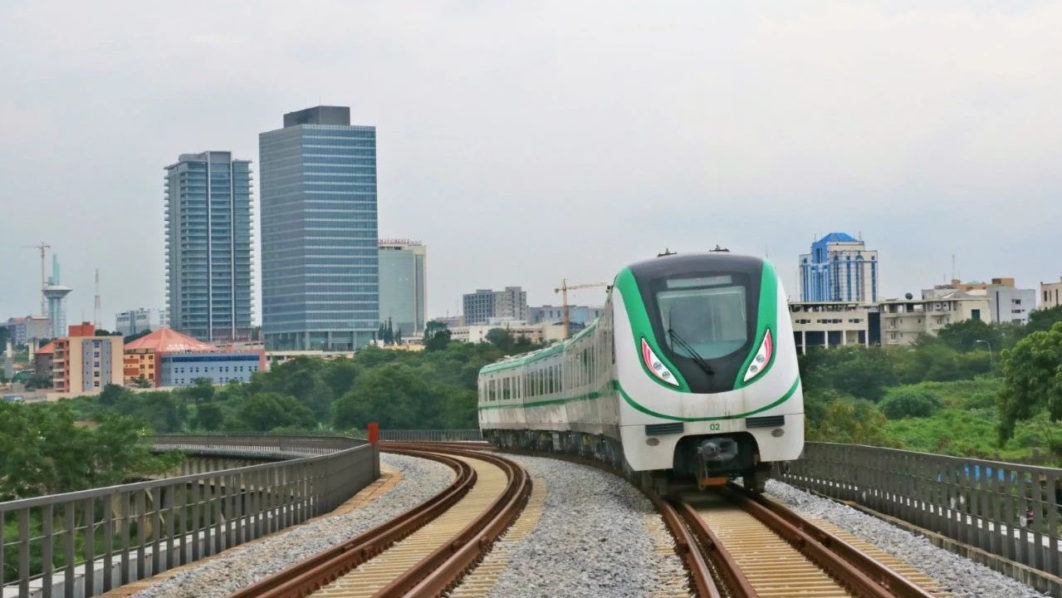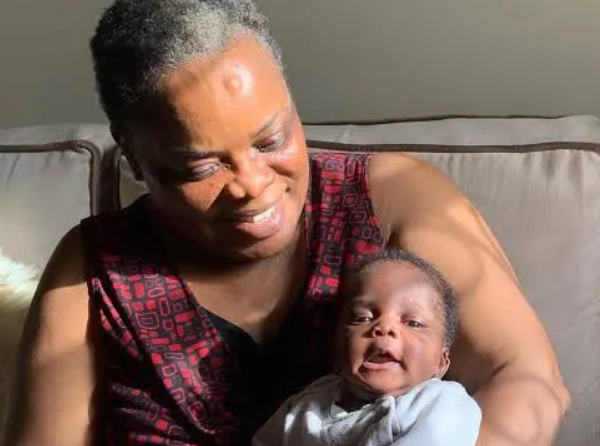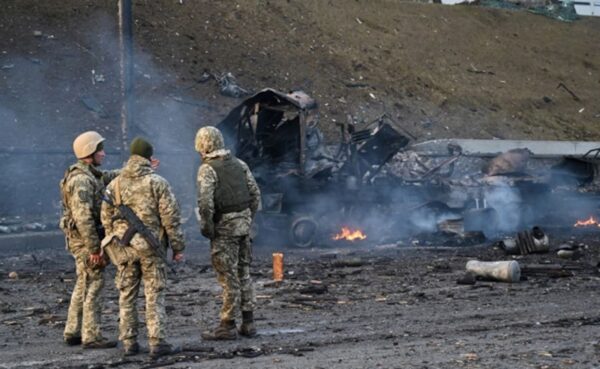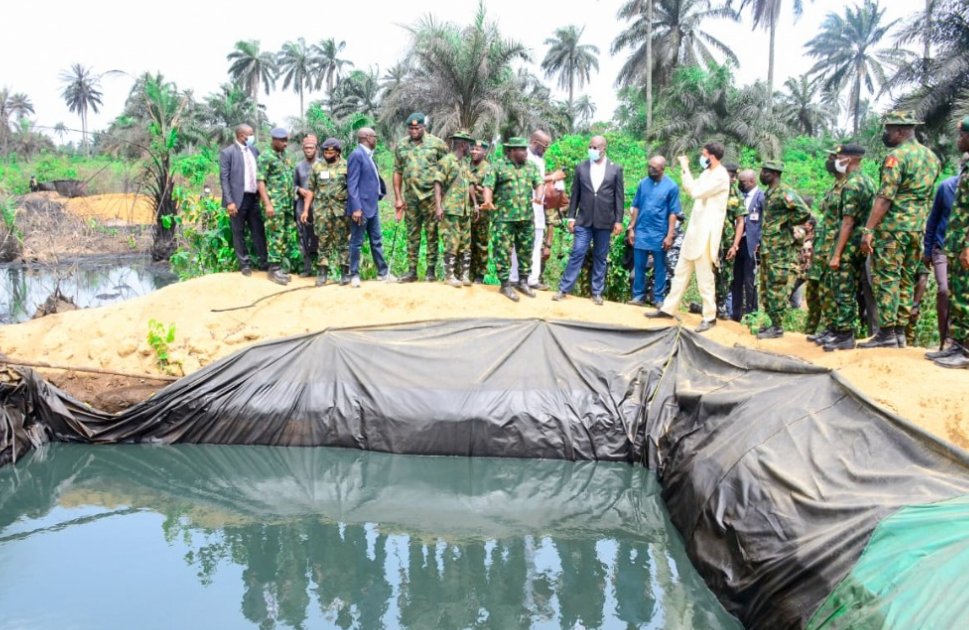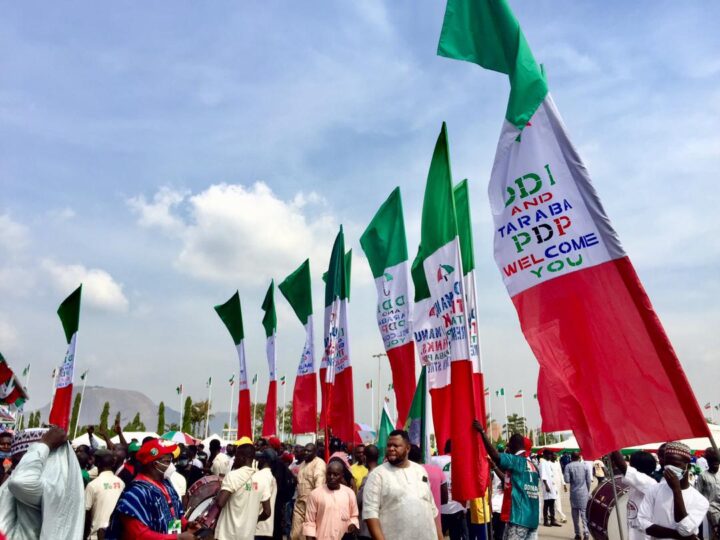BY OLALEKAN ADIGUN
It is now three decades after the titanic 1992 Social Democratic Party (SDP) presidential primary between Chief M.K.O Abiola and Ambassador Baba Gana Kingibe. It’s also been three decades where the perennial issues of leadership incompetence led to near-state collapse, ethnoreligious polarization, and poor governance. Today, the ruling All Progressives Congress (APC) delegates are faced with the option of righting these wrongs by voting for competence.
Curious and non-partisan observers of the Nigerian political scene will notice an unenviable historical pattern in the country’s presidential elections since 1979. The most capable, competent, and dexterous person never gets elected. For the most part, the most unprepared people often get elected as president, which explains why the country’s socio-economic situation remains deplorable or has nothing to write home about.
When talking about competence, the name of Professor Yemi Osinbajo (SAN) always comes up. For the most part, he has demonstrated capacity and competence in public service since he was attorney-general of Lagos state between 1999 and 2007; as current vice president, and acting president.
Advertisement
Osinbajo’s stint in public service, unlike what some people erroneously think, didn’t start in 1999. Prince Bola Ajibola appointed Osinbajo as his special assistant when the former was the attorney-general of the federation (AGF) in the 1980s. Having demonstrated excellence on duty, he also collaborated with Ajibola during his tenure as a judge at the International Court of Justice (ICJ), also known as the World Court, between 1991 and 1995. We must also not forget that before joining public service, he was a distinguished professor of Law at the University of Lagos and rose to the peak of his professional career when he was conferred the prestigious Senior Advocate of Nigeria (SAN). For Osinbajo, it is more of competence that any efficacious prerequisites.
As Professor John Paden recalls in his book ‘Muhammadu Buhari – The Challenges of Leadership in Nigeria’, published in 2016, President Buhari appointed Professor Osinbajo as his running mate earlier in 2014 largely on the strength of his intimidating credentials and competence. For those who do not know, Paden is President Buhari’s official biographer, whose accounts can be taken as authoritative on matters like this.
As attorney-general, he displayed the full loyalty and competence that was required of his job. Little wonder why as VP, Osinbajo understands that his loyalty is to the constitution and the president who appointed him as running mate in 2015 and 2019. As A-G, he introduced sweeping judicial reforms and improved welfare packages for judges which significantly reduced corruption in the Lagos state courts. These are no easy reforms to undertake immediately after the military era.
Advertisement
Every political observer will agree with me that Professor Osinbajo, without doubt, has been the most active and impactful of all the occupants of the office of vice president since its creation in 1979. While it is true that previous occupants simply resigned themselves to their fates of being mere “spare wheels”, with more ambitious ones only waiting to usurp their bosses, others simply adopted the “do as you are told” attitude. One thing even Osinbajo’s critics can’t take away from him is the fact that he is adept at combining the virtues of loyalty and hard work required of the Office of President. His ability to combine the virtues of hard work and loyalty makes him a sort of enigma and a reference point for many Nigerians.
Everything suggests that Osinbajo has more presidential capacity than any of the candidates running for office today. He has demonstrated all these at every point either as vice or acting president since 2016 for all to see. Some of the hallmarks of presidential capacity include being decisive, proactive, having high emotional intelligence, and being hard-working. One will have to agree that Osinbajo is a manifestation of all these. And I’m going to cite a few examples to which even naysayers can readily relate.
At every opportunity he had to act as president – he’s done so more than three times since 2015 – Osinbajo has taken landmark decisions to better the lives of the masses. In 2017, Osinbajo, as acting president, signed executive order 001: Promotion of Efficiency and Transparency in Business Environments. The order became necessary to curb sharp practices, corruption, and unethical behaviour in the Nigerian business climate. Most Nigerians heard of executive orders for the first time, thanks to Professor Osinbajo. Also, in 2018, after some Directorate of State Security (DSS) operatives’ inglorious invasion of the national assembly, Osinbajo terminated the appointment of Lawal Daura, the DSS boss at the time. This firm decision came at the time when a by-election was scheduled to be held in Katsina (Daura’s home state), and it was on Osinbajo’s shoulders to lead his party, the APC, to victory with the president away on medical leave. This goes to show that Osinbajo places national interests over party or election considerations.
Also, when the #EndSARS movement erupted in 2018, with Special Anti-Robbery Squad (SARS) operatives accused of brutality and human rights violations, it was up to Acting President Osinbajo to make a firm decision that could have determined the outcome of the 2019 elections. Again, he didn’t disappoint. He immediately ordered the overhaul of the police unit. He equally instructed the Nigeria Police Force (NPF) to reform the unit. In line with Osinbajo’s directive, the inspector general of police (IGP) set up a committee to review the activities of the squad with several follow-ups. For some reason, the committee never submitted its report to the government.
Advertisement
During the #EndSARS protests, Osinbajo summoned the IGP to the Villa, where the decision and announcement of SARS’s final disbandment were made. Osinbajo didn’t stop there. He used the instrumentality of the National Economic Council (NEC) – which he heads – to direct state governors to set up judicial panels of inquiry to investigate cases of police brutalities in their domains. As part of the demands of the protesters, the Osinbajo-led NEC directed the states to set up Victims Support Funds (VSF) to ensure they get justice. To the best of my knowledge, all states have either complied or are in advanced stages of compliance.
If being hardworking, proactive and decisive are the essential requirements of becoming president, Professor Osinbajo has demonstrated these effortlessly. If Tinubu’s supporters’ only argument against Osinbajo running against their godfather is “betrayal of trust”, they will have to show which trust he has so betrayed. Osinbajo does not owe him any loyalty as vice president since Tinubu is not the president.
So far, President Buhari has never said Osinbajo is disloyal. Rather, the president has praised him highly for his loyalty, competence, and dedication to duty. The APC members will vote for a candidate who has demonstrated competence in public service rather than just the so-called betrayal of trust. The 2023 presidential election is more about the survival of the nation than the inordinate ambition of just one man who just wants to prove no point in particular!
Advertisement
Views expressed by contributors are strictly personal and not of TheCable.
Add a comment
